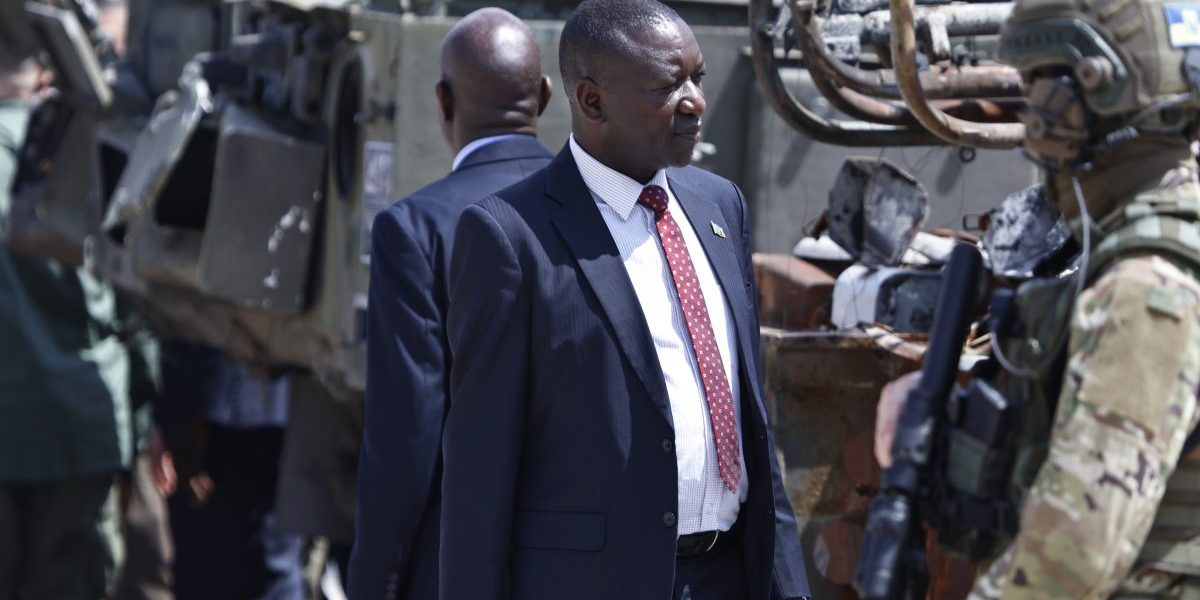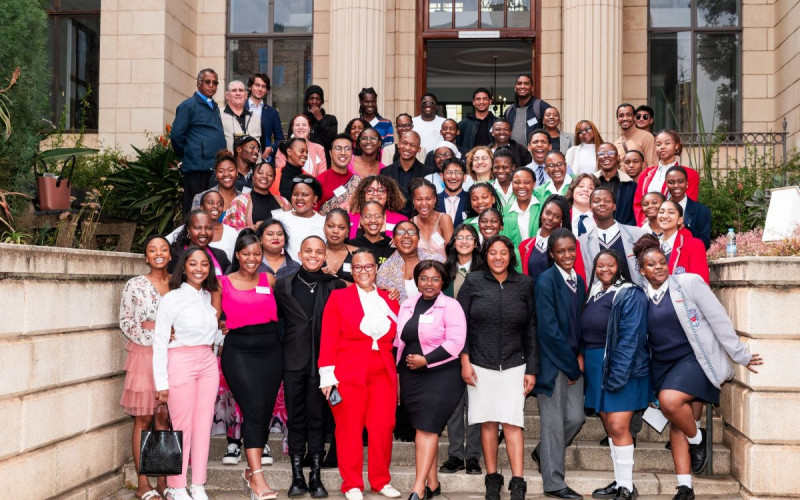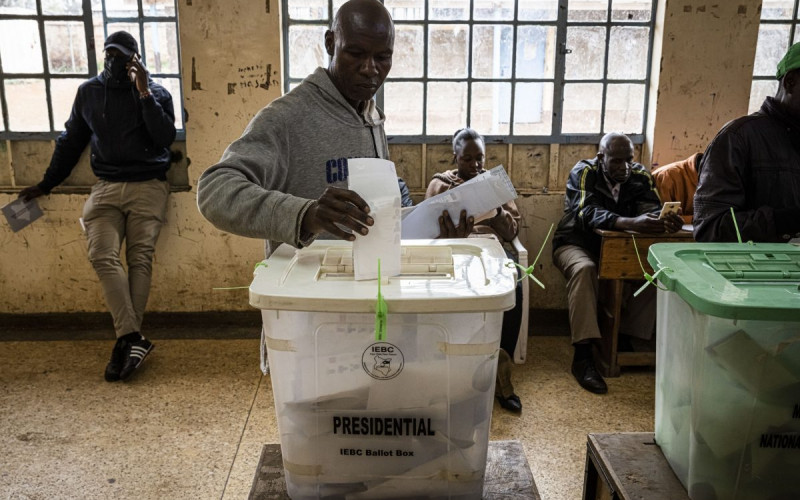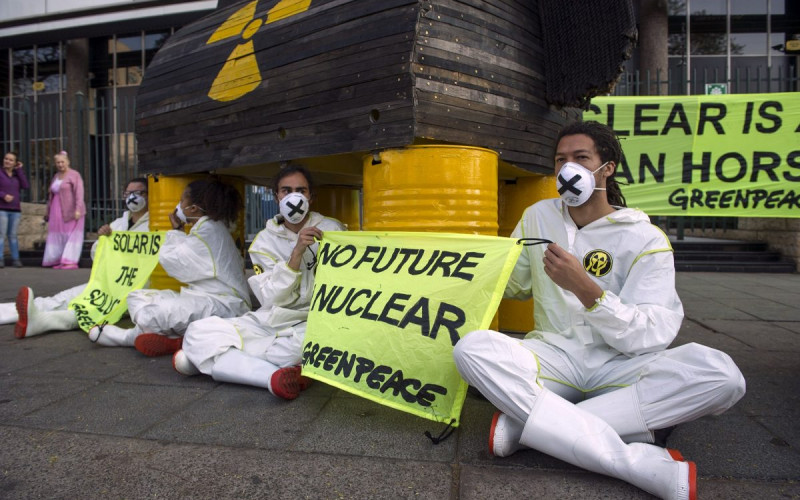In the aftermath of Russia’s invasion of Ukraine in February 2022, Africa became an unexpected focus of global attention. Over the past decade, Russia has escalated its presence across Africa, repositioning itself as a burgeoning power in the global race for influence on the continent. This situation divided African countries at the United Nations, evidenced by a nearly split vote on General Assembly resolutions condemning the invasion.
The rise in fuel, fertilizer, and grain prices in 2022, a direct consequence of the conflict, inadvertently propelled many African countries toward more proactive diplomatic stances that deviated from the expectations of the Western and Russian sides. An intriguing development occurred in June 2023 with the African Peace Initiative.
Spearheaded by seven African countries—Comoros, Congo-Brazzaville, Egypt, Senegal, South Africa, Uganda, and Zambia—this coalition presented a document to Ukraine and Russia that provided a clearer and more balanced African stance on the conflict for the first time. Leading these efforts de facto, South Africa has since engaged actively with Russia and Ukraine, demonstrating the continent’s potential leverage in future negotiations. African states did not align with Western demands for sanctions against Russia. However, their participation in the Ukraine Peace Formula elicited criticism from Russia, as Russian Foreign Minister Sergey Lavrov noted at the first 2024 BRICS Sherpa meeting.
This balanced position by African countries presents a unique opportunity for the continent to mediate this conflict. Mediation, an intricate blend of art and science, demands strategic patience, proper positioning of stakeholders, and identifying engagement opportunities until the moment is ripe for negotiations. The conflict in Ukraine, characterised by its complexity and seemingly intractable nature, underscores the importance of potential mediators in constructing avenues for dialogue.
A negotiated settlement becomes more realistic if the conflict reaches a mutually hurting stalemate. We are not quite there yet. Thus, identifying the timing for mediation is tricky, as limited information and developments on the ground make it difficult to assess the sense of urgency and readiness to negotiate.
However, with their extensive experience in mediation, established relationships with Western states and Russia, and support from the Global South, African countries are well-positioned to bridge the divide when the time is ripe. Their role could be instrumental in fostering a negotiated settlement, underscoring the continent’s emerging significance in addressing global geopolitical disputes. The world’s powers should not write off Africa’s role so quickly.
This article was first published in the Council of Councils.







